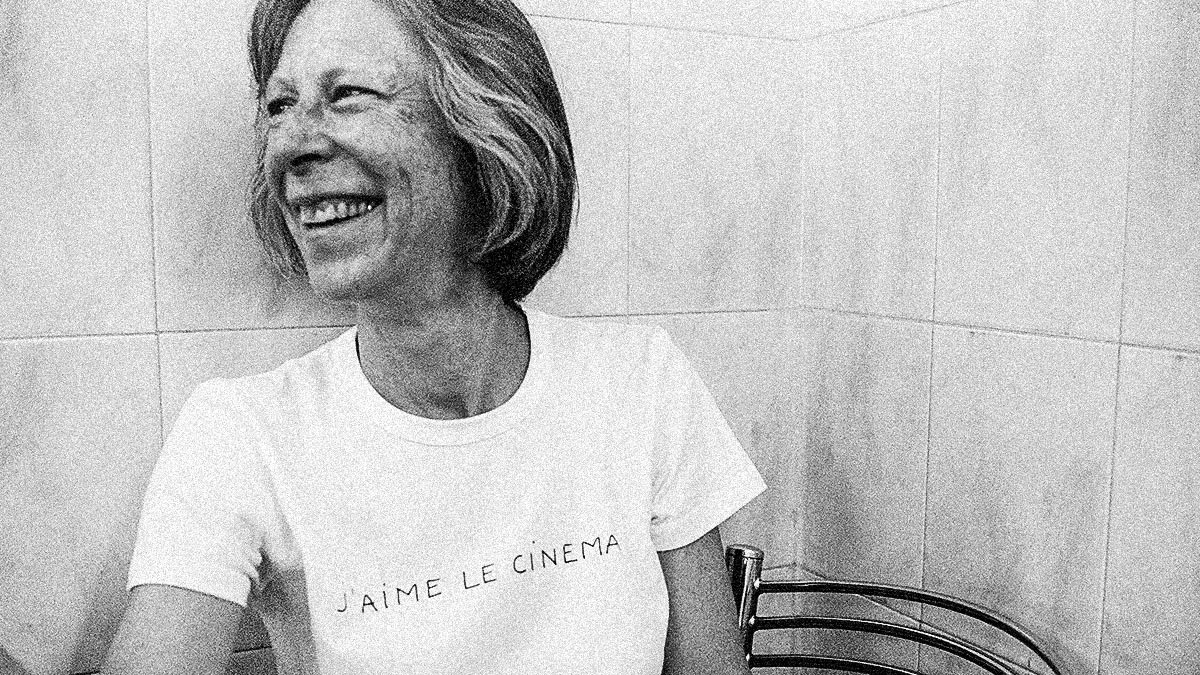06/05. Friday
19:00 Principe cinemas 10
Son Chant
Vivian Ostrovsky / United States (Spanish Premiere - 2021 - 12’46’’ - VOSE)
After having watched more than 200 forgettable mini DVs that I had shot in the last decade, I came across a sequence of night shots that caught my attention : Chantal Akerman and Sonia Wieder Atherton were leaving a brasserie where we had just had dinner in Paris ; it was a quizzical farewell scene. In 2016, BUT ELSEWHERE IS ALWAYS BETTER, was my 4 minute piece for Lincoln Center’s Tribute to Chantal Akerman. The thought of doing something after that had not occurred to me until I happened upon this excerpt. I had just finished UNSOUND, a silent short commissioned by Film Forum in NY for their foyer. The requirements asked for a silent film so as not to disturb the audience in the theatres. As I love working with sound I focoused on a film about sound but without sound. Or how to visually translate sound into images, silently. After her death, most of what appeared in film magazines about Akerman’s films analyzed her work in view of her frames, the duration of her shots, space, rhythm, and the ever-present theme of the Holocaust. The focus on sound in her work was rarely discussed. Neither was her collaboration with Sonia Wieder Atherton with whom she made over 20 films. This prompted me to delve deeper into this aspect of her work. And, as New York, Paris and Moscow were places the three of us had in common, I intertwined some of my images with hers.


